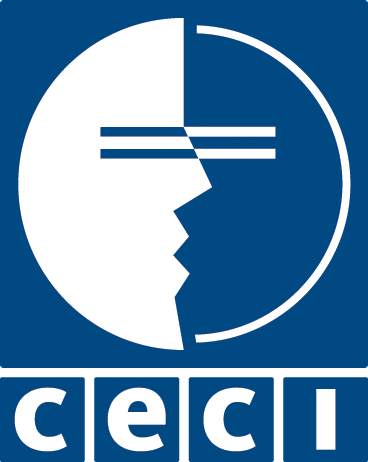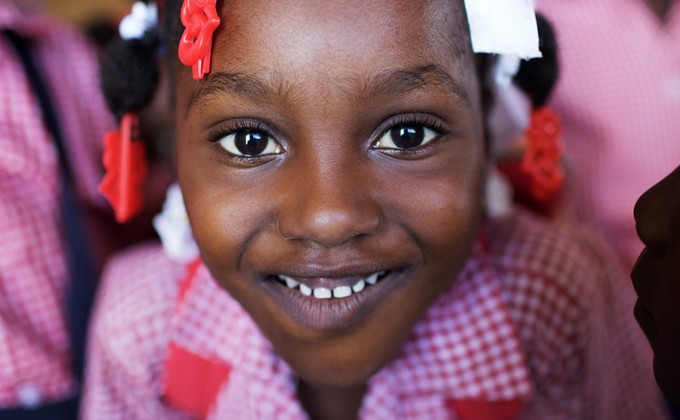Monique Charbonneau has been a Teacher without Borders with the Fondation Paul Gérin-Lajoie since 2007. When she retired from teaching, she didn't plan to give up her activities. After reading a magazine article about international cooperation projects, she decided to donate her time and experience in a developing country. She’s definitely caught the bug, as she just returned from her 12th assignment! Her family and friends are no longer surprised when she announces: “I’m off again!”. She has developed a habit of keeping them apprised of her adventures by sending them short clips from time to time, which give them a perspective on Haiti that is different from what we often see in the media.

Photos: Monique Charbonneau
Eight years ago, when you set off on your first assignment in Saint-Marc, Haiti, what motivated you?
I wanted to share my knowledge with my peers in the education sector, but in a setting that was completely different from what I was used to.
My motivation and sense of accomplishment were fuelled by the fact that I had the opportunity to return more than once to the same region to continue work I had started. I could see the progress and the real strengthening of capabilities in the teachers I had supported on previous assignments.
After all these years, I can say that we give a lot to each other and our discussions are very stimulating. You learn to work on a daily basis with remarkable people in difficult situations, who persevere in spite of it all. You get to spend time with these incredibly generous teachers who are fighting for education, and gain insight into their reality: hats off to them! Who wouldn’t want to keep going back? You give everything you can, but you get so much back.
Tell us a little about the assignments you have worked on.
The purpose of my first trips to St-Marc was to train educational counsellors at the schools to prepare lesson plans, primarily for the teaching of French. I then supported teachers who were introducing XO personal computers in the classroom, also in St-Marc. More recently, I worked on the same project, but in the Jacmel region. For my latest assignment, I wanted to tackle a new challenge. I realized that the teams in Jacmel had all the skills they needed to work with XO tools, so I volunteered to support the work of school cooperatives.
Do you have a particularly memorable encounter?
When you’re on a short assignment and focused on achieving your goals with all the good will in the world, you sometimes get the impression that you’re overwhelming your colleagues. A school counsellor I worked with, encouraging her to be more assertive and speak up at parent meetings, thanked me recently. I was really touched. She said she had learned a great deal and that now when she has to explain the raison d’être for school cooperatives to parents, she is more convinced of their merits and more comfortable defending them.
What would you tell someone who is considering an assignment through PCV Haiti?
It’s a highly rewarding experience, both for the knowledge and expertise you can contribute and share and for what you get back from others. First and foremost, don't set out with the idea that you’re going to show others how to do things. You have to want to discover a new culture and support people on their chosen path. I believe humility and an open mind are two key qualities you need.
Above all, change your pace. In Haiti, there's no life in the fast lane.
Le programme de coopération volontaire (PCV) is a consortium of four non-profit organizations; World University Services Canada (WUSC), Centre d'études en coopération internationale (CECI), Fondation Paul Gérin-Lajoie (FPGL) and Canadian Executive Service Organization (CESO).
Proyectos
Presencia
El CECI
Implicarse
Informarse
Donar
Contáctenos
Enlaces externos


